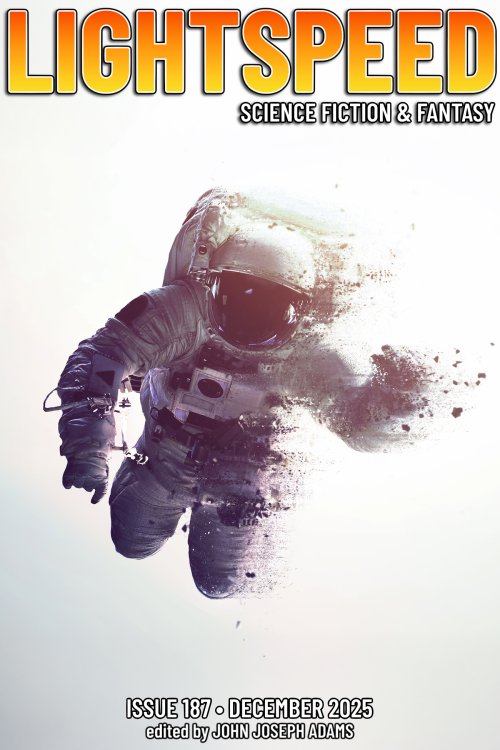Author Spotlight
Author Spotlight: Shweta Narayan
The bird’s been nesting in my brain since 2009, and this is the seventh story she’s in, but before this, humans were always part of the intended audience. So this is me exploring what mechanicals might say when we’re not around—which is a deliberate mirror on marginalized human experiences, but it’s the only thematic aspect that was deliberate. My conscious brain isn’t in charge of that stuff. I was just writing in December 2016-February 2017, as a chronically ill non-citizen US resident with many friends in scary situations.








